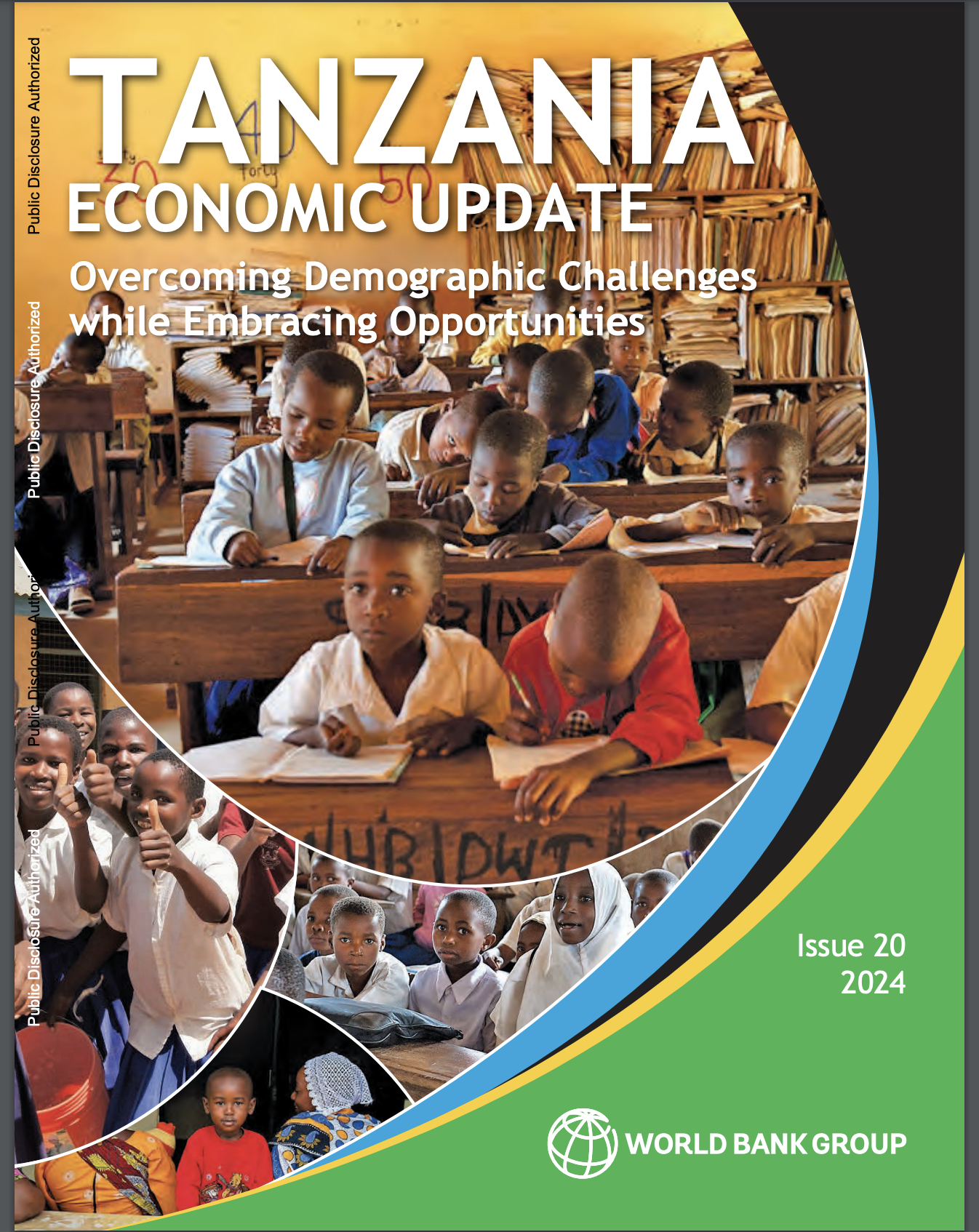Kilimokwzanaza.org
In East Africa, Tanzania stands at a pivotal juncture, with its vast agricultural sector holding the keys to the nation’s future prosperity. Despite its transition to a lower-middle-income status, the country faces the pressing challenge of accelerating its structural transformation. The agriculture sector, employing the lion’s share of the population, lies at the core of this transformation, yet it battles with stagnation and low productivity, impeding broader economic growth and diversification.
The recent “Tanzania Economic Update” from the World Bank casts a spotlight on the critical yet complex role of agriculture in Tanzania’s economic evolution. It reveals, “Since 2014, Tanzania’s slow and unfinished structural transformation has been a significant drag on its overall growth”. This statement underscores a troubling reality: the nation’s economic advancement is tethered to the fortunes of its agricultural sector, which, despite its vast potential, has yet to fully embrace innovation and efficiency.
A closer look at the sector’s productivity unveils a stark contrast against the backdrop of global advancements. The report notes, “Tanzania achieved LMIC status in 2020, yet its agricultural productivity is just above the LIC average and well below the LMICs and SSA averages”. This gap not only underscores the untapped potential within Tanzania’s fertile lands but also signals the urgent need for a paradigm shift—a move towards embracing modern agricultural techniques and sustainability practices that can significantly elevate productivity and, by extension, the quality of life for millions.
The slow pace of labor mobility from agriculture to other productive sectors further exacerbates the challenge. Despite notable gains in productivity within industrial and services sectors, the agricultural workforce remains vast, underlining a critical missed opportunity for economic development. The “Tanzania Economic Update” poignantly highlights this, stating that “labor productivity remains low and stagnant in Tanzania’s agricultural sector, which continues to employ nearly two-thirds of the country’s labor force”. This scenario not only stagnates economic diversification but also reinforces the cycle of poverty among rural communities.
To catalyze the much-needed transformation, a multi-faceted approach is essential. The World Bank suggests that “policies designed to improve productivity and build resilience in the agricultural sector could help facilitate structural transformation in the near term”. This encompasses a broad spectrum of interventions, from enhancing access to modern farming technologies and improving irrigation infrastructure to providing targeted financial services and training for smallholder farmers. Additionally, embracing climate-smart agriculture practices is paramount, given the increasing vulnerability to climate change impacts, including erratic rainfall patterns and extreme weather events.
The potential benefits of revolutionizing Tanzania’s agricultural sector extend far beyond increased productivity. It promises a domino effect of positive outcomes: bolstering food security, reducing poverty, and laying the groundwork for sustainable economic diversification. Moreover, it paves the way for Tanzania to emerge as a leading agricultural powerhouse in the region, capable of feeding its population and contributing significantly to global food markets.
In essence, transforming Tanzania’s agriculture sector is not merely an economic imperative but a moral one, with the power to uplift millions from poverty and drive the nation towards a prosperous and sustainable future. The path forward demands bold leadership, innovative partnerships, and a steadfast commitment to change, embracing the agriculture sector’s latent potential as the cornerstone of Tanzania’s economic renaissance.
